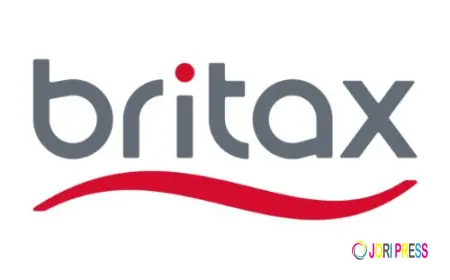Why Anti-Bribery Management Systems Are Essential for Compliance
In today’s interconnected global economy, businesses face increasing scrutiny over ethical practices, transparency, and compliance. Bribery and corruption not only damage reputations but also lead to severe legal and financial consequences. To mitigate these risks, companies are turning to anti-bribery management systems (ABMS) as a structured and effective way to prevent, detect, and respond to bribery. These systems are built on international standards, such as ISO 37001, to help organisations implement best practices that protect against unethical conduct.
Understanding Anti-Bribery Management Systems
An anti-bribery management system is a set of policies, procedures, and controls designed to address bribery risks within an organisation. It ensures that employees, contractors, and third parties act in compliance with anti-corruption laws and ethical guidelines. The system covers areas such as due diligence, risk assessments, whistleblowing mechanisms, and regular audits. By embedding these processes into daily operations, organisations can foster a culture of integrity while minimising the potential for misconduct.
The Role of ISO 37001 Certification
ISO 37001 is the internationally recognised standard for anti-bribery management systems. It provides a framework for establishing, implementing, maintaining, and improving anti-bribery controls. Certification demonstrates to stakeholders—customers, investors, regulators—that a company is committed to ethical practices. More importantly, it equips organisations with the tools needed to identify risks early, take corrective actions, and strengthen their compliance posture. While certification does not guarantee immunity from bribery, it significantly reduces the likelihood and impact of such incidents.
Benefits Beyond Legal Compliance
Implementing anti-bribery management systems goes beyond simply meeting legal requirements. Companies benefit from enhanced trust with clients and business partners, improved internal efficiency, and better decision-making. It also helps safeguard an organisation’s reputation, which can be one of its most valuable assets. Moreover, a robust ABMS can open doors to new markets and partnerships, especially in industries or regions with strict anti-corruption regulations.
Building a Culture of Integrity
The success of any anti-bribery program depends on employee engagement and leadership commitment. Training programs, clear reporting channels, and visible enforcement of policies are essential to embed ethical values into the workplace culture. When employees understand the consequences of bribery and feel empowered to report suspicious activity without fear of retaliation, the system becomes far more effective. Leadership should lead by example, demonstrating zero tolerance for unethical behaviour.
Key Challenges in Implementation
While the advantages are clear, some organisations face hurdles when introducing anti-bribery management systems. These include resistance to change, lack of resources, and the complexity of integrating new processes into existing workflows. Smaller businesses may feel the cost of certification is a barrier, but the long-term benefits often outweigh the initial investment. Companies can overcome these challenges through phased implementation, external expertise, and leveraging technology to streamline monitoring and reporting.
The Importance of Continuous Improvement in ABMS
One of the most critical aspects of maintaining an effective ABMS is continuous improvement. Bribery risks evolve alongside changes in regulations, markets, and business operations, so regular reviews and updates are essential. Organizations should conduct periodic audits, assess the effectiveness of controls, and incorporate lessons learned from past incidents. Using compliance software can enhance data tracking, risk mapping, and reporting efficiency. Additionally, involving cross-functional teams—from finance and procurement to legal and operations—ensures that anti-bribery measures are applied consistently across all departments, reducing vulnerabilities and reinforcing the company’s commitment to ethical conduct.
Conclusion
In an era where transparency and ethical behavior are non-negotiable, anti-bribery management systems provide a solid foundation for compliance and corporate responsibility. By adopting international standards such as ISO 37001, organizations can proactively address bribery risks, strengthen internal controls, and build lasting trust with stakeholders. While challenges exist, the long-term benefits—legal protection, improved reputation, and operational resilience—make ABMS a strategic investment. As more companies embrace these systems, they contribute to a global business environment where integrity is the norm, and corruption has no place.
What's Your Reaction?
 Like
0
Like
0
 Dislike
0
Dislike
0
 Love
0
Love
0
 Funny
0
Funny
0
 Angry
0
Angry
0
 Sad
0
Sad
0
 Wow
0
Wow
0
















































